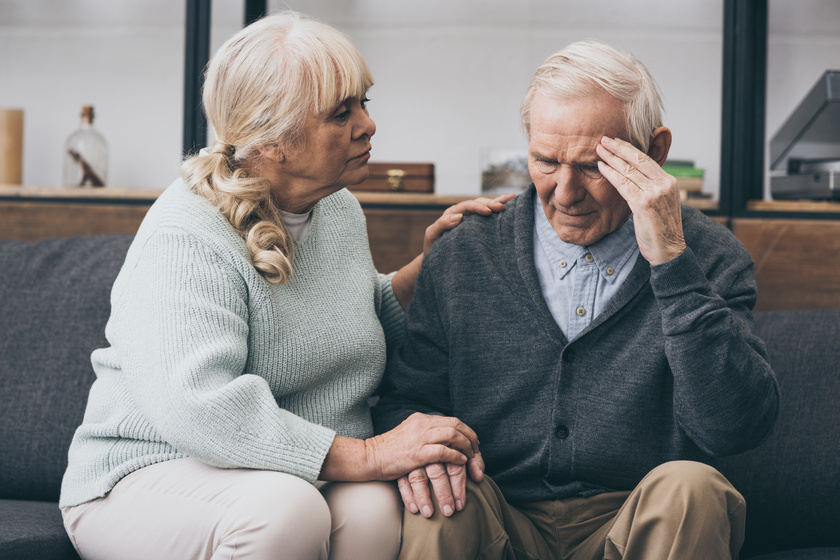As a degenerative brain illness, Alzheimer’s causes progressively worsening symptoms over time. This is why there is a constant need for medical care to mitigate the progression of the disease and its symptoms. People with Alzheimer’s disease need access to medical care, but they also benefit from having a strong network of loved ones around for emotional and practical support. Caretakers of Alzheimer’s patients should not forget about their own psychological, emotional, and physical health. While the love and support of family and friends are crucial, you may also benefit from joining a structured memory care support group in senior living centers near Marco Island, FL. Being a part of a support group, whether it be large or small, in-person or online, can help you feel more confident and less isolated.
Finding the Right Support Group
Many seniors find comfort in gathering with others who understand their situation, whether it is through a shared hobby or a common health problem. Most of these support groups were formed by someone living with or affected by the ailment or problem being discussed, or by a member of the affected person’s family. Finding the right support group can assist persons with Alzheimer’s disease to go past the first denial that follows a diagnosis and towards acceptance, which is necessary for moving forward with one’s life. However, there are a lot of factors to keep in mind as you look: Communities can be found in a variety of forms, including online, in-person, and others, each with its own set of advantages and disadvantages. There is no definitively superior group; rather, the ideal group is the one that serves your needs.
Alzheimer’s Support Group: What to Expect
Emotional Support
It’s a safe space for seniors to vent their grievances and anxieties without fear of reprisal. This gives those in the support group a safe space to express emotions that their non-supportive loved ones might not be able to fully grasp.
Obtaining Real World Tips and Info
Members of an Alzheimer’s support group can provide each other guidance on therapies, medications, and other possibilities. Sharing success stories can encourage group members to take a more proactive part in their care or try treatments they may not have considered before.
Learning to Adapt and Set Goals
The ability to share their thoughts and feelings about the new diagnosis they’ve received is a source of both comfort and knowledge for seniors. Members of the support group may range from individuals at the beginning of their therapy to those who are near the end. Many people fear the unknown and would benefit much from hearing from a “veteran” about their experience with the disease, its treatment, and its eventual course.
Look for Local Support Groups
The old adage “A trouble shared is a trouble halved” is accurate, even though support groups are not a replacement for professional medical care. The elderly who choose to live independently should not be left alone. Sharing challenges and receiving helpful advice can help lessen the isolation that comes with coping with a chronic illness or a recent diagnosis. Visit our website to learn more about the support groups we offer and to locate a community in your area.







